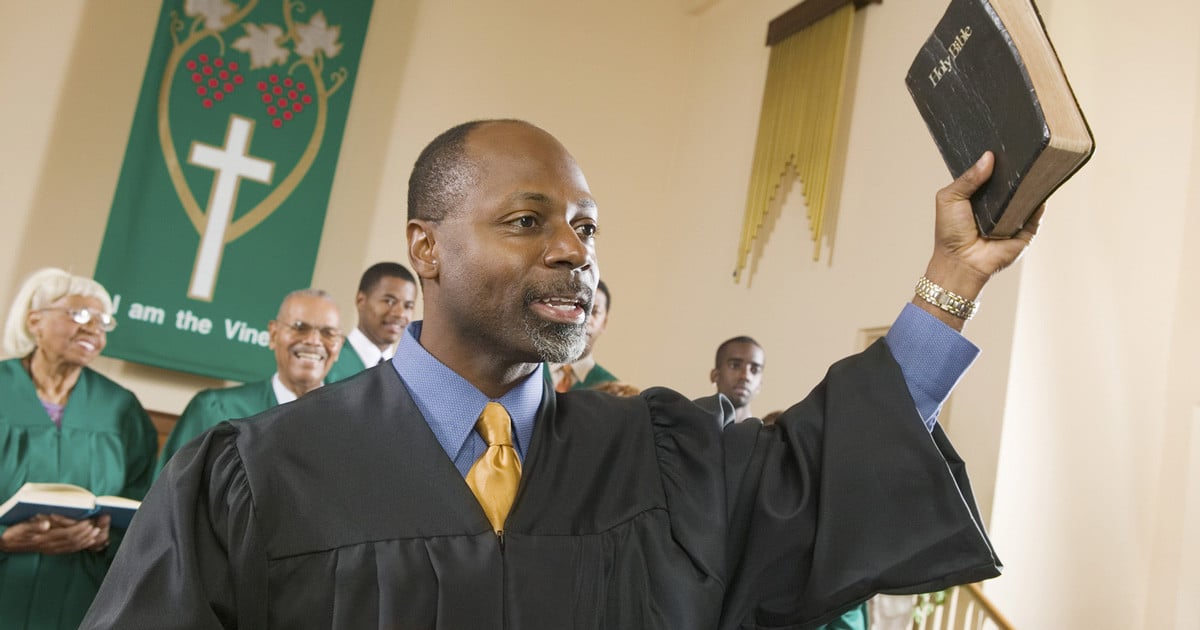You are a leader. If you have influence in someone else’s life, you are a leader. Human society is built on relationships of leading and following, from families to education to business to health professions to police and military to government. Being led is a way of life for us from our earlies recollections: we are walked into walking, talked into talking, loved into loving, and develop character by taking our cues from others we trust and admire. As we are mentored and led, we become influencers of others: best friends, sports team captains, group moderators, construction site foremen, nurses, bus drivers, platoon sergeants, home-makers, teachers, representatives, executives, farmers, COOs, governors, professors, presidents… Leadership is the continuity that moves the human race ahead from generation to generation.
Christians know this innately. It is the message of Scripture: God created all things and endowed humanity with the ability to share in the leadership of all things on earth. At the beginning of time, we are told, God made us in God’s own image, and gave us the privilege and responsibility to provide meaningful leadership, care and stewardship with one another over all the marvelous divine handiwork that interlaces this complex globe and the expanding universe beyond.
We know this in other ways as well. God’s relationship with us is one of leadership, both as Creator and as Covenant King over the people of God. And in order to make divine leadership tangible and personal, God has always provided the family of faith with leaders who are raised up from within the community itself: Moses, Joshua, Priests, Judges, Kings, Prophets, Apostles, Elders, Deacons, and Pastors.
There are, of course, different ways in which these biblical givens and stories are interpreted. Influenced by cultural changes and challenges, a number of different families of theological reflection have emerged in the Christian church over time. Our approach at CLC lies within the Reformed tradition, built upon the expansive insights of John Calvin at the time of the Protestant Reformation. Central to this theological approach are these emphases:
- The distinction between “regeneration” (God’s one-time act accomplished solely through the work of Jesus) and “sanctification” (God’s on-going transformative activity taking place in partnership with redeemed persons and communities).
- The “Presbyterian” form of church structure, built around the primacy (but not independence) of the local congregation governed by Elders and Deacons who are called and elected from the membership because of their obvious spiritual gifts.
- Appreciation of the sacraments as two in number (Baptism and the Lord’s Supper), each being a sign and seal of God’s redemptive love, but not actually transacting merit.
- Viewing the “Law of God” as not only normative for creation and as announcing human sinfulness, but also as guiding our redeemed response of sanctified living.











